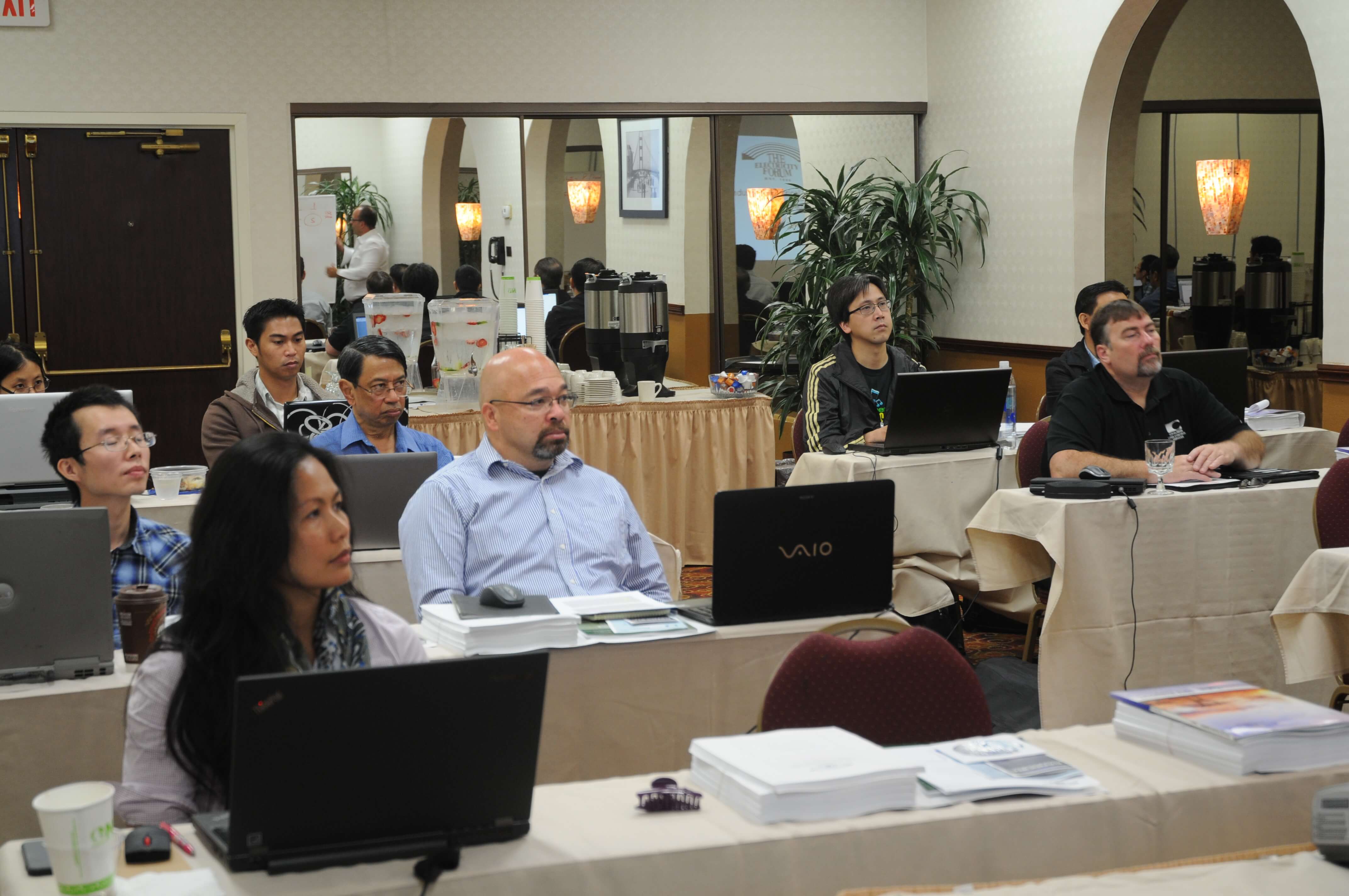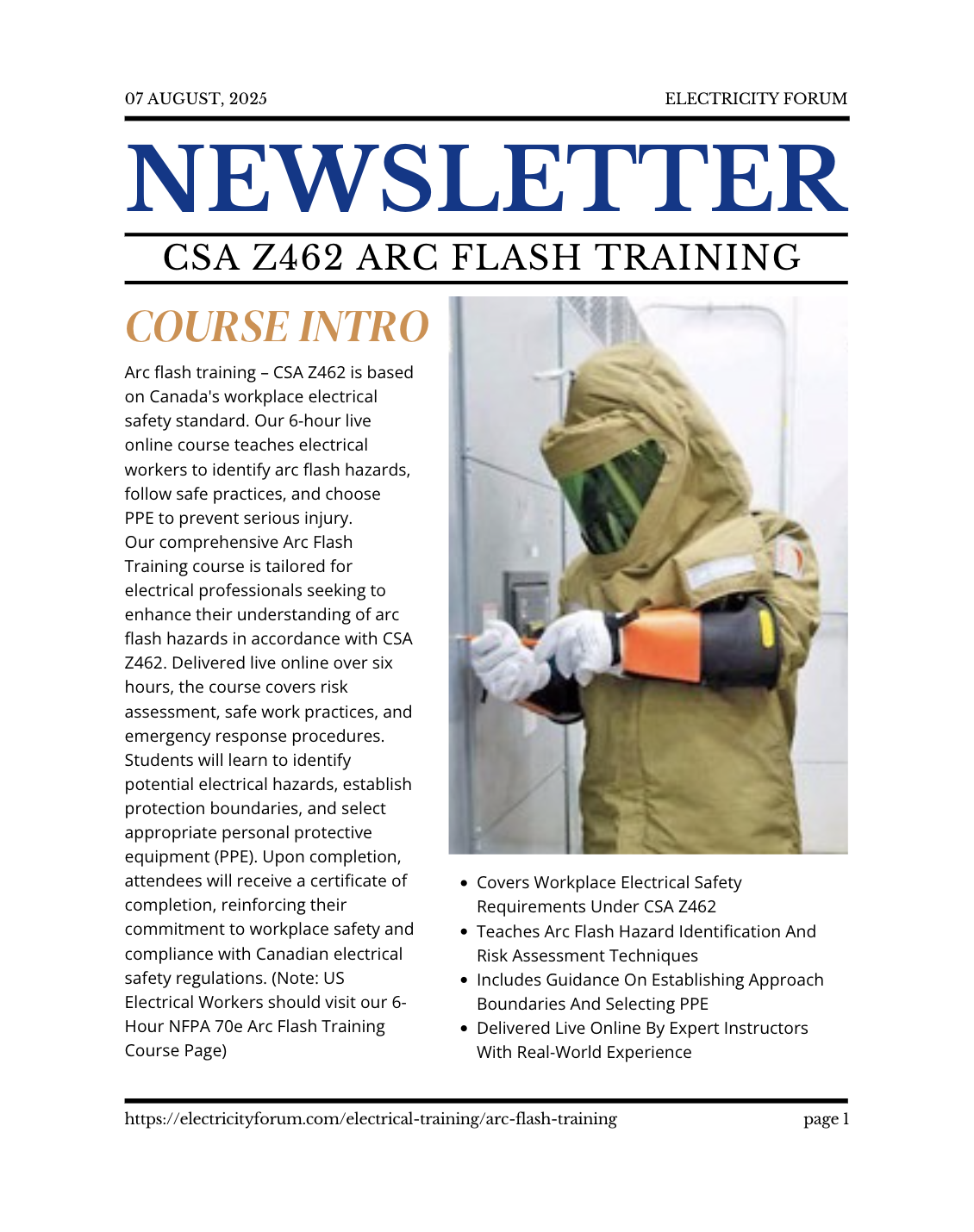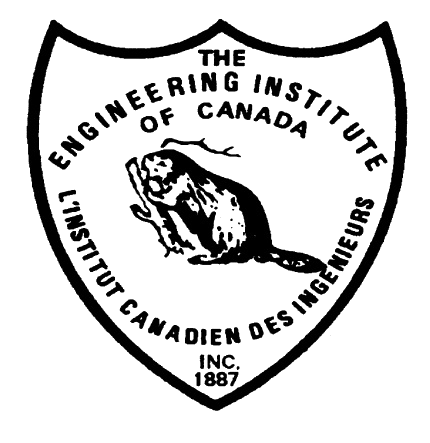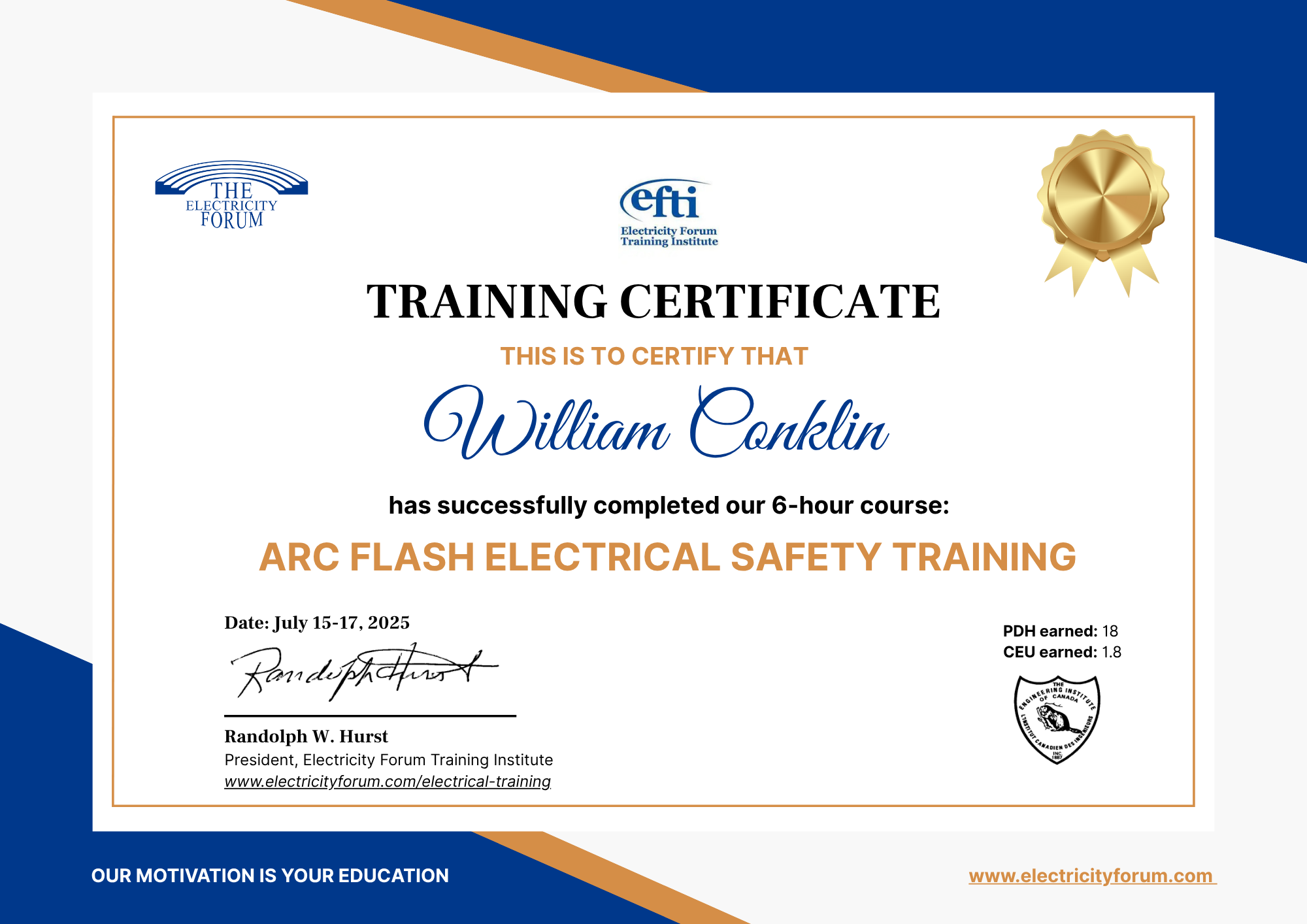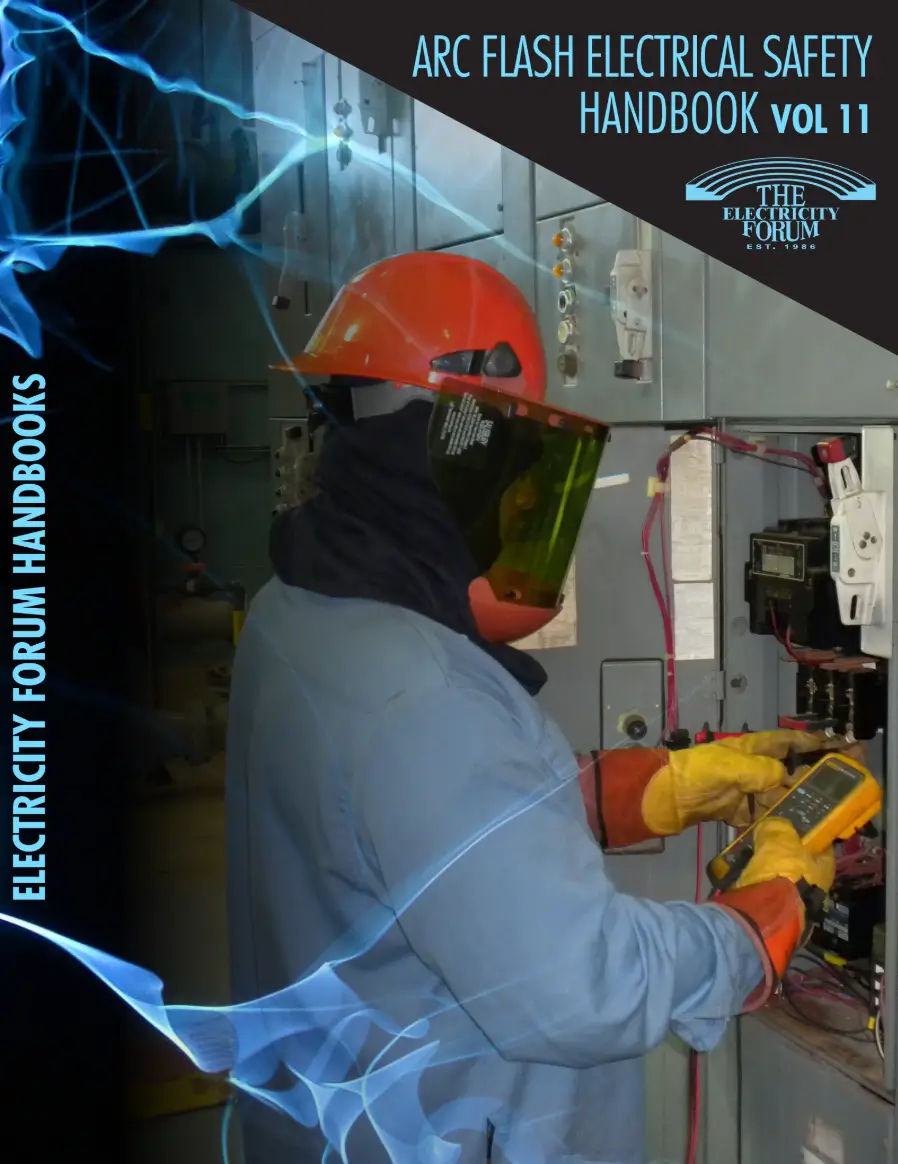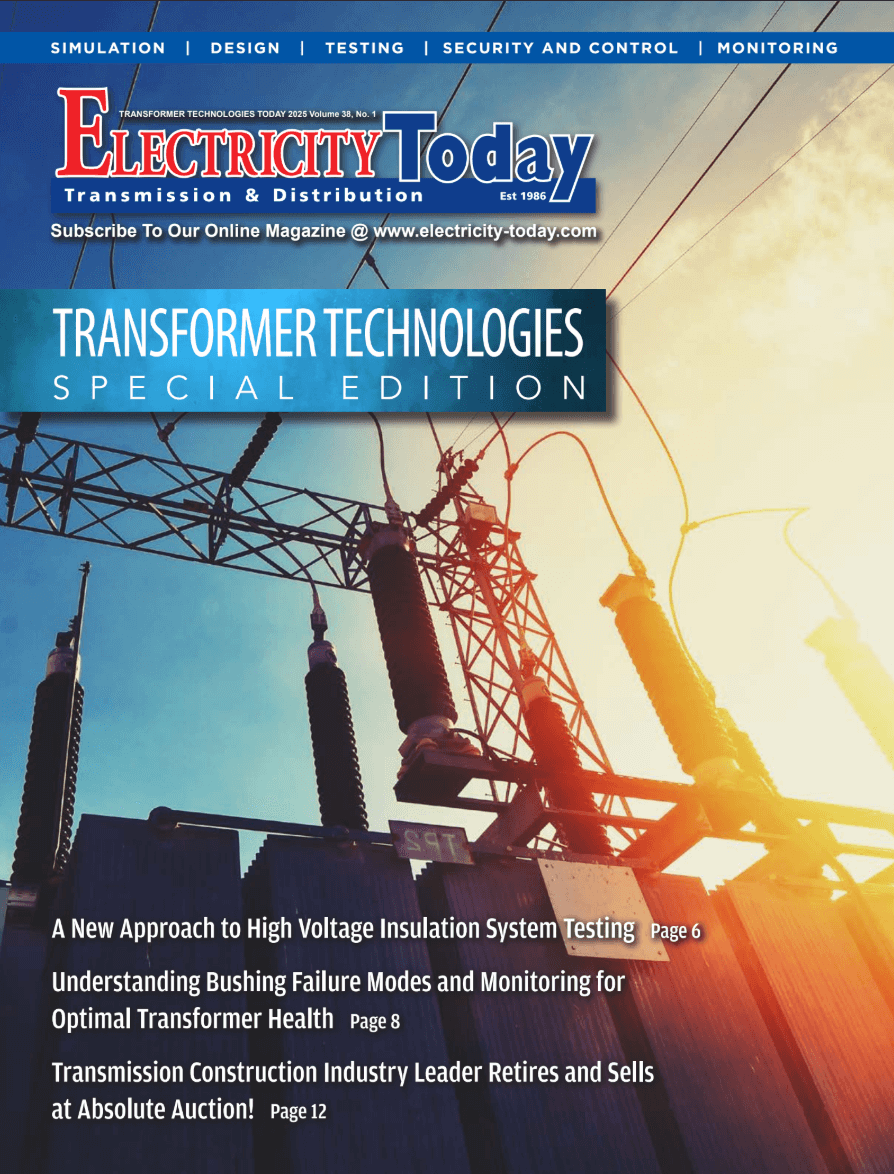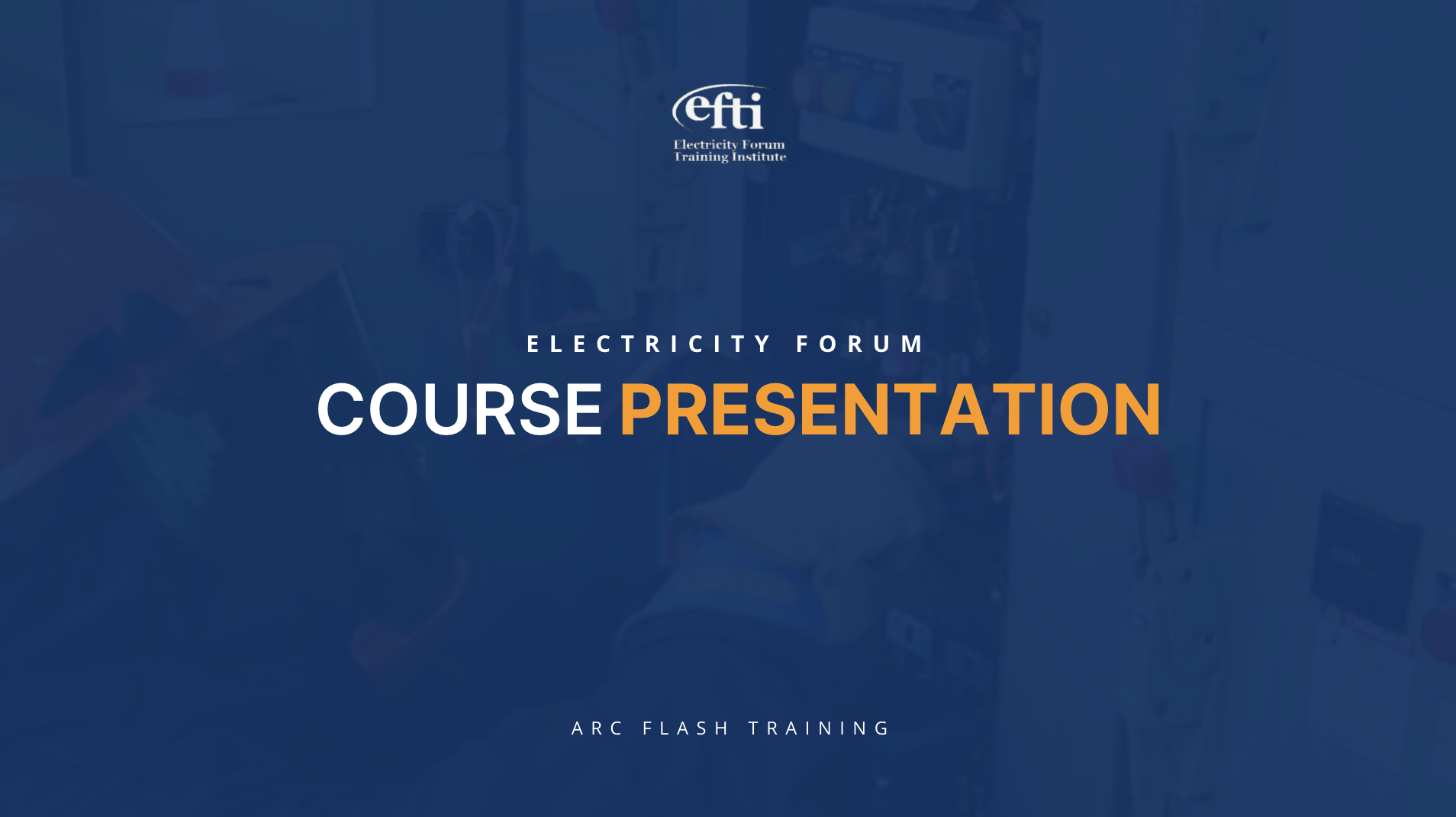Our Substation Maintenance Training course is a 12-hour, instructor-led live online program designed to equip electrical professionals with practical knowledge on testing and maintenance procedures for substation equipment. This training is ideal for utility personnel, substation technicians, and engineers responsible for the reliability and operation of medium- to high-voltage systems.
Substation maintenance is a critical component of a comprehensive electrical asset management strategy. Failure to properly maintain substation equipment like circuit breakers, switchgear, relays, and racking mechanisms can lead to serious power system disruptions and unplanned outages. Our course emphasizes proactive testing, routine diagnostics, and inspection techniques that extend the life of substation assets and reduce operational risk.
The program covers a wide range of electrical substation components, including:
-
Power transformers
-
Air, oil, and vacuum circuit breakers
-
Grounding systems
-
Switchgear
-
Batteries and chargers
-
Protective relays
-
Insulating fluids and liquids
Participants will gain a solid understanding of real-time maintenance planning, how to interpret test data, and how to troubleshoot early signs of equipment failure using data analytics and field-based inspections.
What You’ll Learn
This course delivers practical skills and in-depth knowledge, including:
-
Differences in substation types, layouts, and safety protocols
-
Maintenance and testing methods for medium-voltage circuit breakers
-
Performing insulation resistance and contact resistance tests
-
Tank loss index and vacuum bottle integrity testing
-
Switchgear inspection techniques and torque requirements
-
Maintenance intervals for protective relays, batteries, and bus systems
-
Testing protocols for ground grid integrity and power factor analysis
LEARNING OBJECTIVES
-
Substation types, applications, components and safety procedures
-
Maintenance and testing methods for medium-voltage circuit breakers
-
How to perform insulation resistance, contact resistance on air, oil and vacuum breakers, and tank loss index on oil circuit breaker and vacuum bottle integrity tests on vacuum breaker
-
Switchgear arrangement, torque requirements, insulation systems and maintenance intervals
-
How to perform switchgear inspection and maintenance
Related Training and Resources
To enhance your understanding of electrical infrastructure, see our related courses and guides:






